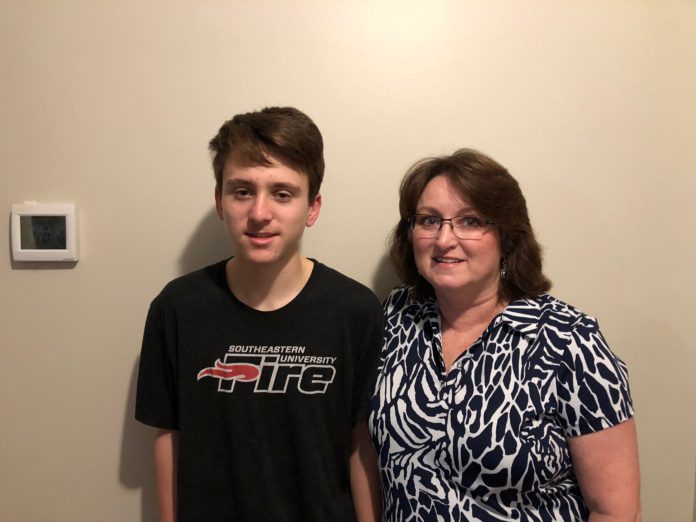
Students in the Chapel Hill-Carrboro area have succumbed to an outbreak this winter: whooping cough, also known as pertussis.
Whooping cough, named after the whoop-like sound the patient makes after deep coughs, can be prevented with one of two common vaccines, Tdap (tetanus, diphtheria and pertussis) or DTaP (diphtheria, tetanus and pertussis). North Carolina law requires that all children receive the pertussis vaccination, along with tetanus, polio and chickenpox.
Unlike the seasonal illnesses that make their way through schools, like colds or stomach bugs, whooping cough is a serious disease that can lead to death in more severe cases.
According to the Centers for Disease Control and Prevention, whooping cough has an incubation period of 5-10 days, meaning the bacteria would be in one’s system for 5-10 days, and the symptoms could show up at any time within those days.
Freshman Grant Springer, who had whooping cough in early January, most likely got it from a close friend. “It was just like a bad cold, but with more coughing. At first I was kind of worried, but when it hit me it wasn’t too bad,” he said.
On January 3, a letter was sent by the district to all parents of students at Chapel Hill High School, East Chapel Hill High School and Carrboro High School, including an announcement that a student had the disease and a link to a medical website explaining the symptoms. In addition to the general repercussions of the disease, the emails listed a total of nine known cases at Chapel Hill High School.
Following the email, Chapel Hill High School principal Sulura Jackson sent an email specifically to Chapel Hill parents, to “make [parents] aware of the situation.”
“I’ve learned more about whooping cough than I ever wanted to,” Springer’s mother, Becky, said. “Apparently, the vaccine created back in the 1960’s and used through the 1980’s was much more effective but caused seizures, so they had to lessen the strength, so we are now seeing a resurgence of the disease due to the vaccine not being strong enough.”
Although the disease is rarely fatal for teenage patients, the risk factor is much larger for infants and toddlers who contract the virus, causing sleep apnea and hospitalization in most cases, according to a January 2018 article published in The Herald Sun.
Educators like Chapel Hill High School English teacher Bradley Mitchell also voiced concerns about the outbreak. “We’re not fully freaking out about the sickness, but I know I’ve been cleaning and re-cleaning my room since we heard, just to be sure,” Mitchell said.
Chapel Hill High School nurse Lorraine Bleeke, who has been on the school’s staff since 2015, had never treated a student with whooping cough before. In order to prevent herself from contracting the disease, Bleeke took careful measures to stay hygenic.
“I wash my hands frequently, try to eat healthy, try to get at least 8 hours of sleep, exercise, cough into my sleeve, try not to touch my face and take a multivitamin and probiotic,” Bleeke said.











